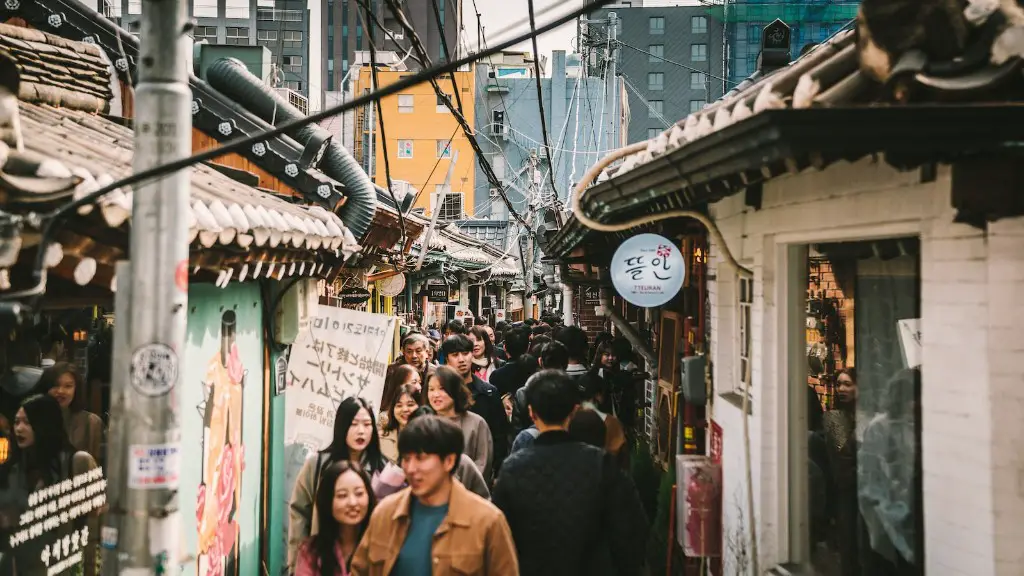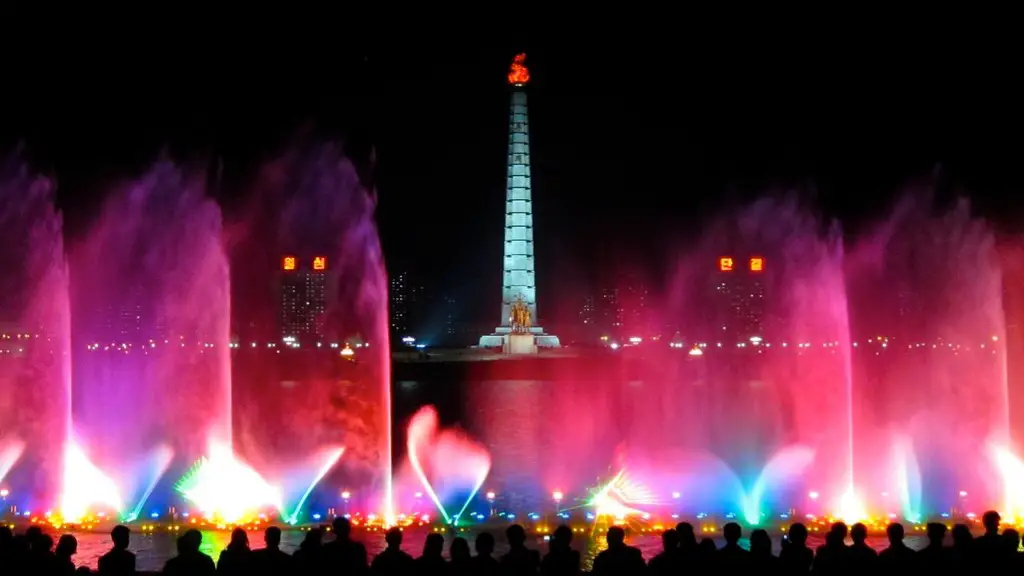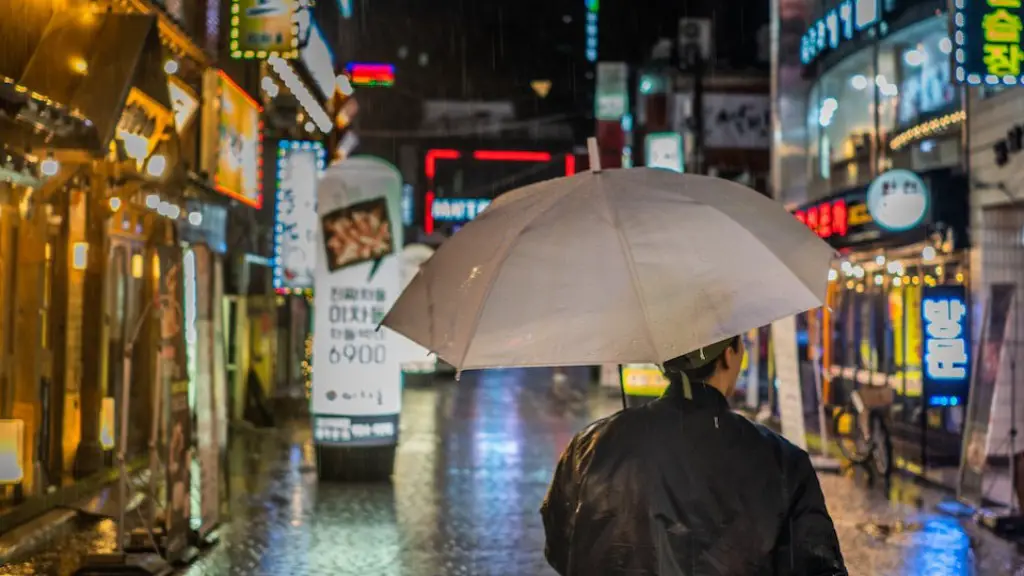What is North Korea?
North Korea, officially the Democratic People’s Republic of Korea, is a sovereign state located in East Asia, spanning the northern part of the Korean Peninsula. With a population of 24.9 million people, North Korea is the most reclusive nation in the world, isolated from global influence and lack access to media. Through its long-term strategy, isolation is seen as a way to ensure its independence and protect the regime from outside interference.
Why is North Korea so closed off?
Since 1945, Pyongyang has maintained its closed off attitude and this is largely due to its ideology of juche, which is a form of self-reliance. This means that North Korea is closed off from the rest of the world, as it is extending its own system of state-controlled economy and media. It has been proved that the lack of information is used as a powerful political tool, allowing the regime to control what their citizens believe and know about the world outside.
What Unresolved Issues Exist?
North Korea’s closed-off attitude also has a lot to do with unresolved international issues. Such issues include the nuclear weapons issue, The Korean War, and the ongoing tensions between the United States and North Korea. This has resulted in North Korea feeling like an outsider, as they are not able to join international organisations or participate in global decisions. This feeling of isolation contributes to the country’s closed off attitude.
Consequences of the Closed-off Attitude
The closed-off attitude of the North Korean regime has meant that its citizens lack access to certain basic things. It is estimated that over 10 million North Koreans are in need of food aid and access to clean water is limited. North Korea is subject to UN Monitoring that is targeted at preventing any potential human rights abuse.
Can North Korea Change?
An analysis of North Korea’s attitude towards isolationism and the closed-off attitude of the regime can be interpreted from several angles. Some experts believe that the current isolationism stance of North Korea is an important part of its strategy for survival, given the intense external pressures and the precarious domestic situation. The country’s attitudes may change, if North Korea is able to increase its international standing and become accepted by the international community.
International Reactions to North Korea
International reactions to North Korea have been mixed, with some countries such as South Korea and the United States having a hard line approach to the regime. Others such as Russia and China have been more willing to engage with North Korea in an attempt to better understand the country and help it open up to the outside world.
How Can North Korea Change?
In order for North Korea to open up, a multi-pronged approach needs to be taken in order to help the country reintegrate into the global community and improve the lives of its citizens. This could include allowing more foreign aid, greater access to information, and possibly even offering diplomatic recognition. This would also require North Korea to work on improving its relationship with its neighbour, South Korea.
International Sanctions on North Korea
International sanctions have been put in place against North Korea in an effort to compel the regime to change its policies, prevent it from engaging in activities such as nuclear weapons development, and improve the human rights situation in the country. Sanctions have delayed the process, however, as it has also impacted access to help and resources, causing further economic and social problems.
Humanitarian Aid to North Korea
In recent years, there has been an increase in international aid to North Korea in the form of food and medical assistance. This is seen as an important step in helping North Korea open up to the rest of the world, as it provides a form of contact and dialogue between the country and the outside world.
International Pressure on North Korea
The international community has been applying pressure on North Korea in various forms, aiming to force the regime to open up and become more accountable. International governments and organisations have been leveraging diplomatic and economic pressure on North Korea in order to pressure the regime to change its ways.
Impact of the Internet on North Korea
The internet is slowly creeping into North Korea and, with it, the chance to access outside information. Although the access to this resource is still limited, it provides a starting ground that could be used to increase dialogue between North Korea and the rest of the world and eventually lead to greater openness.
Citizen Involvement in the Change Process
Civil society organisations based in neighbouring countries have been actively working to increase the flow of information in North Korea and to reach out to its citizens. This civilian cooperation and knowledge exchange has become increasingly important, as it provides North Koreans with an incentive to become more informed about the outside world and to take part in the change process.
Encouraging Allies for North Korea
In recent years, North Korea has also found some allies in other countries who have been supporting the nation’s economic reform and attempts to open up. China is one of the countries that has been actively pushing for engagement with North Korea and has encouraged it to pursue economic liberalisation.
Limitations and Challenges Ahead
In spite of recent developments, the process of opening up North Korea is still a long and uncomfortable process that includes facing various challenges and limitations. International politics, security issues, and diplomatic relations will all play an important role in how successful the process of opening up North Korea is. In addition, North Korea still faces international sanctions, which makes its efforts to open up more difficult.



